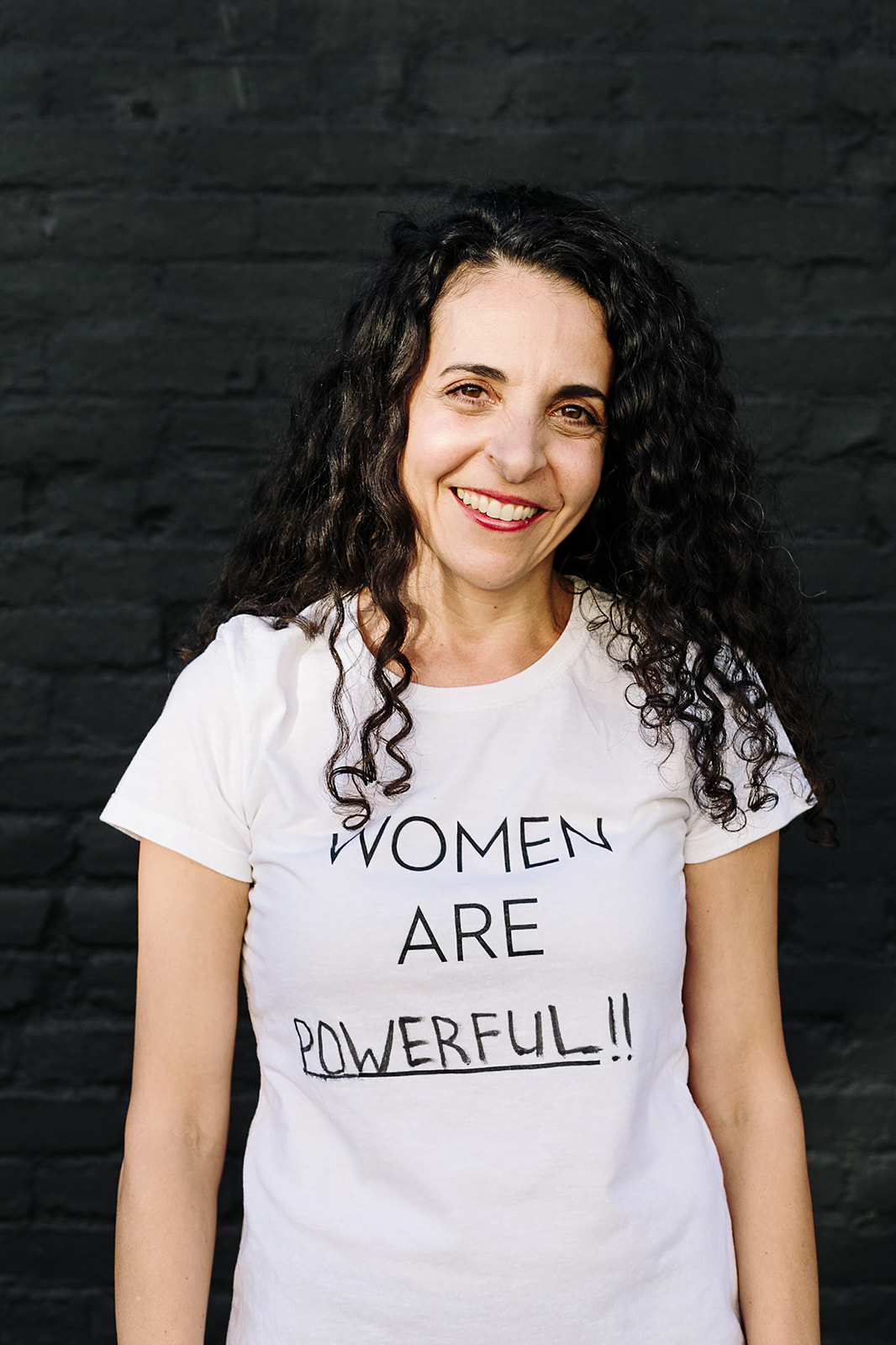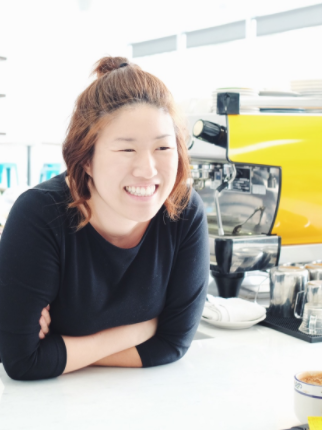Brighid Quinn wearing her “Women are Resilient” t-shirt inspired by one of our Instagram followers! Thank you @raejus!
Photo by Even Keel Imagery - Miriam Brummel.
There’s a common misconception that human trafficking happens “somewhere else” or “overseas.” According to Annalisa Enrile, clinical associate professor in the USC Suzanne Dworak-Peck School of Social Work: “Human trafficking occurs in every country—even in first-world countries such as the United States.” In fact, in 2017, 26,557 calls were answered by the National Human Trafficking Hotline (U.S.). We’ve also learned that Los Angeles has been identified by the Federal Bureau of Investigations (FBI) as one of the thirteen high intensity hubs for Commercial Sexual Exploitation of Children and Youth (CSECY).
It surely can be overwhelming to come across such alarming statistics. Blythe Hill, the founder of Dressember, is no stranger to that feeling when you became passionate about making waves and yet simultaneously reminded of your limitations. In an interview with Starfish Project, Hill remarked that she first learned about human trafficking as a teenager, and “For years, I felt a sense of personal urgency to do something but I also felt powerless. I’m not a cop, a lawyer, a social worker, or a psychologist….I felt helpless. Then, as Dressember grew, I felt compelled to use it as a way to engage in the fight.”
So, what is Dressember?
Dressember is a month-long campaign where people wear dresses or ties/bow ties every day in December as a way to raise awareness and money for human trafficking programs.
It started in 2009 as a personal style challenge with no cause or fundraising element to it. As it grew, and Hill saw people she didn’t even know personally who wanted to join in, she realized it was a good idea and started dreaming about using it as a way to bring attention to the issue of human trafficking. In 2013, Hill aligned Dressember with its first grant partner, International Justice Mission (IJM), and set what felt like an ambitious goal of $25,000. They hit that goal on day 3, and then proceeded to raise over $165,000. Since then, Dressember has extended it reach and now partners with 12 organizations, including IJM, A21, CAST Los Angeles, Love146, Saving Innocence, and Olive Crest, that are leading the charge in their respective areas of expertise to end modern-day slavery.
Since 2016, the team at Michelle Harwell Therapy have advocated for Dressember while putting their own creative spin on it. Women and girls historically have been the most vulnerable to human trafficking, and we have wanted to draw attention to this fact by challenging stale, one-dimensional notions and images of femininity. This year is no different except we’ve raised the bar for our fundraising goal — setting it to $6,719, which will fund a full rescue operation to bring victims safely into freedom and begin the process of recovery and restoration.
It’s incredible how far a small donation can go - contributions in the range between $20 and $50 can secure a survivor with vital services, such as a night in a shelter, a care package, or a therapy session.
Will you consider standing with us?
-Brighid Quinn, Marketing Intern at MHT
HERE'S HOW YOU CAN PARTICIPATE IN DRESSEMBER WITH US:
Give! Visit our Dressember page and make a donation. It's that simple and no sum is too small. Truly.
Follow! Be sure to follow us on Instagram and our blog throughout the month of December. We will be documenting our fierce fashion choices but our deepest intention is to empower and educate.
Share! Help us spread the word. You can do this by sharing our social media posts or links to our Dressember fundraising campaign page.






















